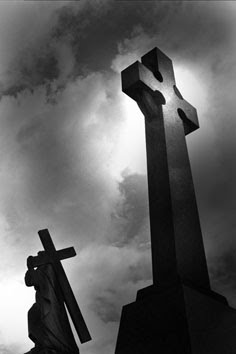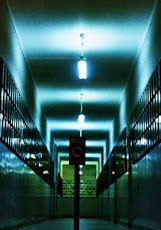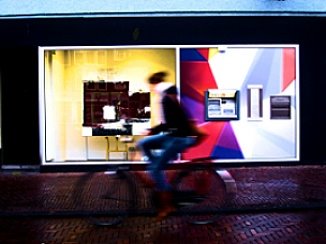Berlin's role as the de facto leader of the European Union has long been recognised. Germany’s seat at the club of world powers for the 21st century has just come of age. It has accepted the mantle of power.
The crowning was announced at the G7
meeting in Taormina Sicily last week when Chancellor Merkel declared that Europe
can no longer completely rely on its longstanding British and US allies. The job of rehabilitating Germany to full recovery
after the horrors of the Second World War is now complete. The country can return to work global politics with a clean bill of health.
During a meeting which highlighted differences
in opinion and policy she said “Europe would have to take our fate into our own
hands” This can only mean Berlin’s leadership will speak and lead on behalf of the
European Union on the world stage.
For Brexit and the negotiations to
follow this means European Union is now Germany. Dealings with the Brussels
technocrat and bureaucratic maze are becoming more and more irrelevant. Direct
talks between the main five economic players in Europe are more likely to be
the goal of the Brexit negotiations.
Merkel’s declaration at the G7 summit
is dramatic. It is historical. And it is proof that since the backlashes of
2016, the position of the EU Brussels machine is greatly diminished.
As re-established and re-democratised
Germany resumes its openly declared position as the main power broker in Europe
the question must be asked “Is the goal for a federalist Europe with one
currency, one passport, one capital and one army now a spend dream or just a
new reality for German destiny!”






















.jpg)

